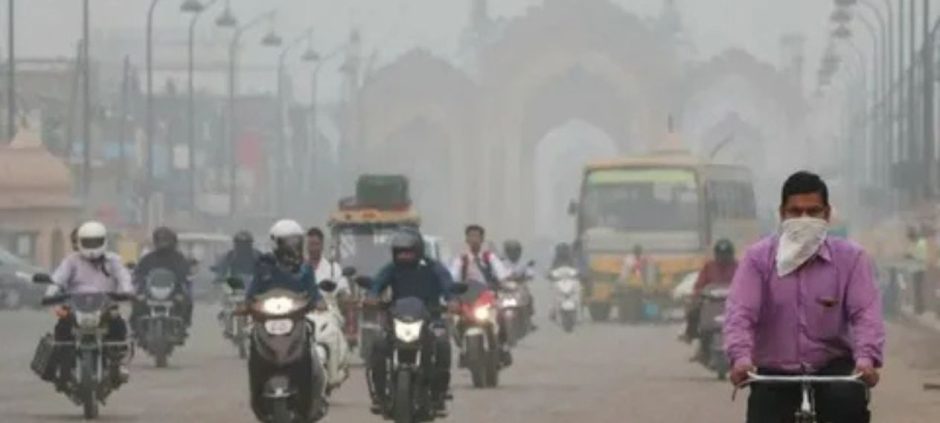India’s worsening air quality has given rise to a new and heartbreaking term, pollution refugees. Every winter, thousands of families flee Delhi’s toxic air, seeking refuge in cleaner regions as smog chokes the capital city once again.
The pollution levels in Delhi have crossed severe limits, with air quality indices shooting beyond 400 in several areas, a level considered hazardous to human health. Schools have been shut down, construction halted, and residents advised to stay indoors. Yet, for many, even staying indoors no longer feels safe.
For families with children, the elderly, or those suffering from respiratory issues, moving out of Delhi has become a desperate necessity rather than a choice. Some have temporarily shifted to the hills of Himachal Pradesh, Uttarakhand, or the coastal areas of Goa, hoping to find cleaner air, at least until the smog settles.
Environmental experts warn that these pollution refugees are a symptom of a much larger crisis. India’s air pollution is no longer confined to Delhi; it is spreading across major northern cities. Vehicular emissions, industrial smoke, stubble burning, and low wind speeds have turned the atmosphere into a blanket of poison.
Adding to the broader picture, neighboring Punjab has recently taken steps to counter its share of pollution. Authorities have introduced water sprinkling systems in major cities to suppress dust and airborne particles, a move seen as part of India’s collective effort to combat air quality deterioration.
The pollution refugee trend is also exposing the deep divide between those who can afford to leave and those who cannot. Many daily wage earners, street vendors, and small business owners remain trapped in the toxic environment, forced to breathe the same poisonous air day after day.
While the government continues to issue temporary bans and advisories, citizens demand long-term solutions to what has now become an annual public health emergency. As Delhi’s skyline disappears behind a grey haze, one thing is clear: India’s pollution refugees are no longer an anomaly, but a warning of what lies ahead if the crisis continues unchecked.











